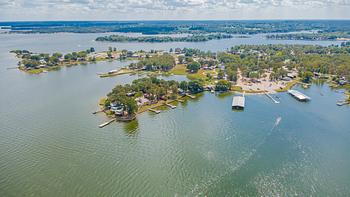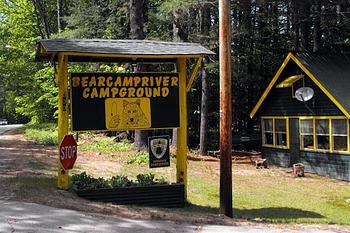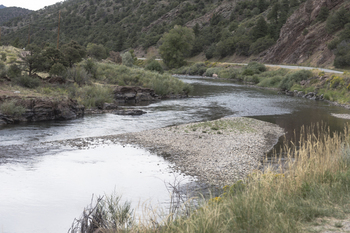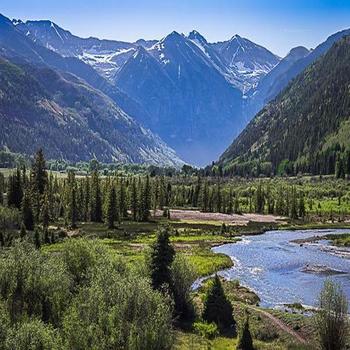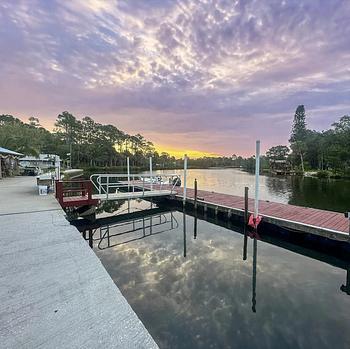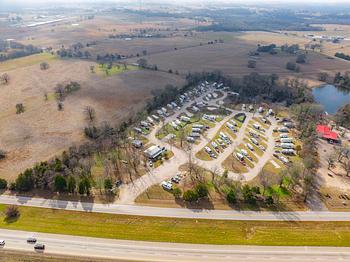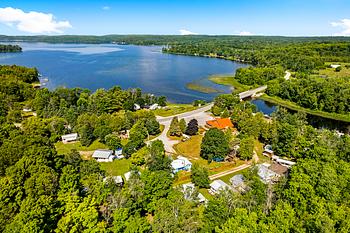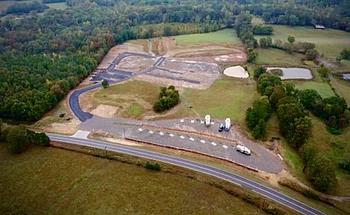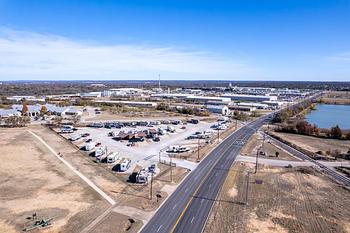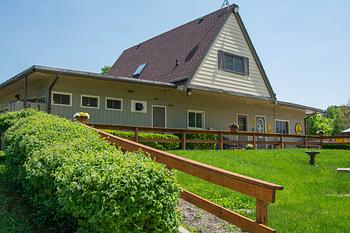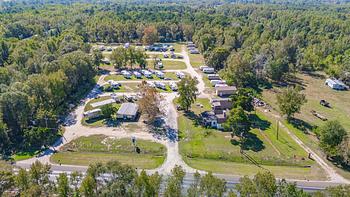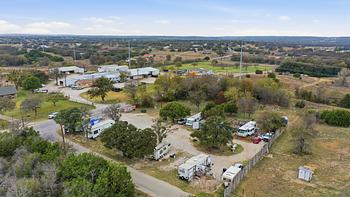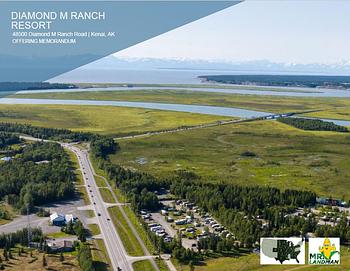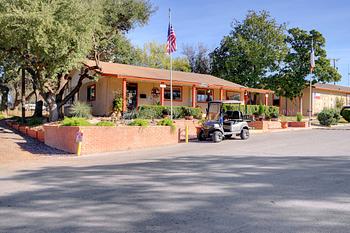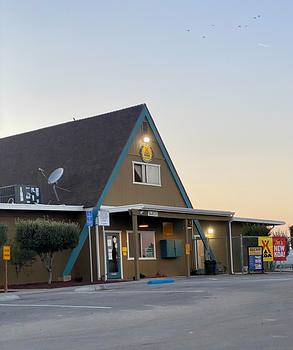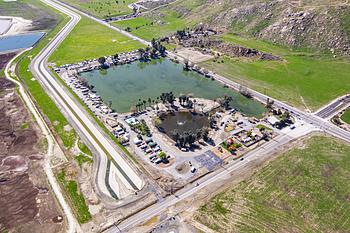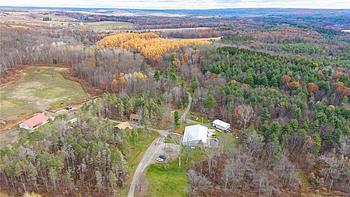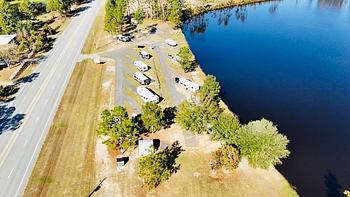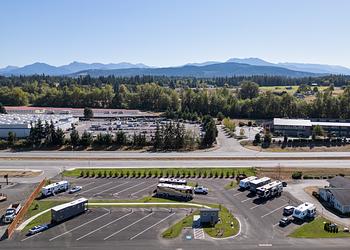Finding Gold in the Rough: What It Really Takes to Secure the Best RV Park Deals By Frank Rolfe
Article Featured
Finding the perfect RV park deal is a bit like panning for gold. The odds of finding a nugget on your first attempt are slim, and it requires patience, diligence, and the right tools. Many people imagine that great deals just fall into place with a stroke of luck or a rare moment of fate, but the reality is far from it. Just like prospecting for gold, success comes from sifting through many options until you find the one that holds true value.
Volume is Key
Once you know what kind of park you're after—whether it's size, location, or amenities—the secret to success is volume. The more deals you sift through, the higher your chances of finding one that works. It's a numbers game. The more you expose yourself to, the quicker you'll be able to spot an opportunity. Some buyers make the mistake of limiting their search to a few listings, but this approach rarely works in your favor. Hundreds of listings—whether from online, brokers, or even direct mail—will give you the insight and the odds you need.
The Art of Spotting Opportunity
As you delve deeper into the search, the ability to spot an opportunity becomes second nature. This is not a gift you're born with—it comes with education and experience. Knowing what can and cannot be fixed about an RV park is key. Location, for instance, is immovable, but poor management or weak marketing can be turned around. The more data you analyze and the more parks you assess, the faster you'll be able to identify a good deal within seconds.
Persistence Pays Off
The best RV park buyers are those who never give up. If a broker doesn't call back, don't hesitate to follow up—persistence matters. Some of the best deals come from sellers who were hardest to reach, which makes sense: if they were easily accessible, the park might have sold already. Following up consistently can often land you that golden opportunity.
Trust the Data
When you think you've found a potential deal, the next step is due diligence. Listening to the numbers and facts uncovered during this process is essential. If the financial data suggests red flags—like falling occupancy or a struggling market—heed the warning signs. Buyers can become emotionally attached to deals, but that's a mistake. When the numbers don't add up, it's best to walk away.
Conclusion
Just like riding a bicycle, there's a certain methodology to buying RV Parks that will work every time. But to learn it you have to immerse yourself in the concept, learn everything you can, and then just jump in the pool and start swimming. The more you work at it, the more you learn and the better your odds.
By Frank Rolfe
Frank Rolfe has been an active investor in RV parks for nearly two decades. As a result of his large collection of RV and mobile home parks, he has amassed a virtual reference book of knowledge on what makes for a successful RV park investment, as well as the potential pitfalls that destroy many investors.
Related Content
Turning Natural Views Into Memorable Spaces At Your RV Park By Frank RolfeWhy RV Parks Are the Hidden Gem of Real Estate Investing
